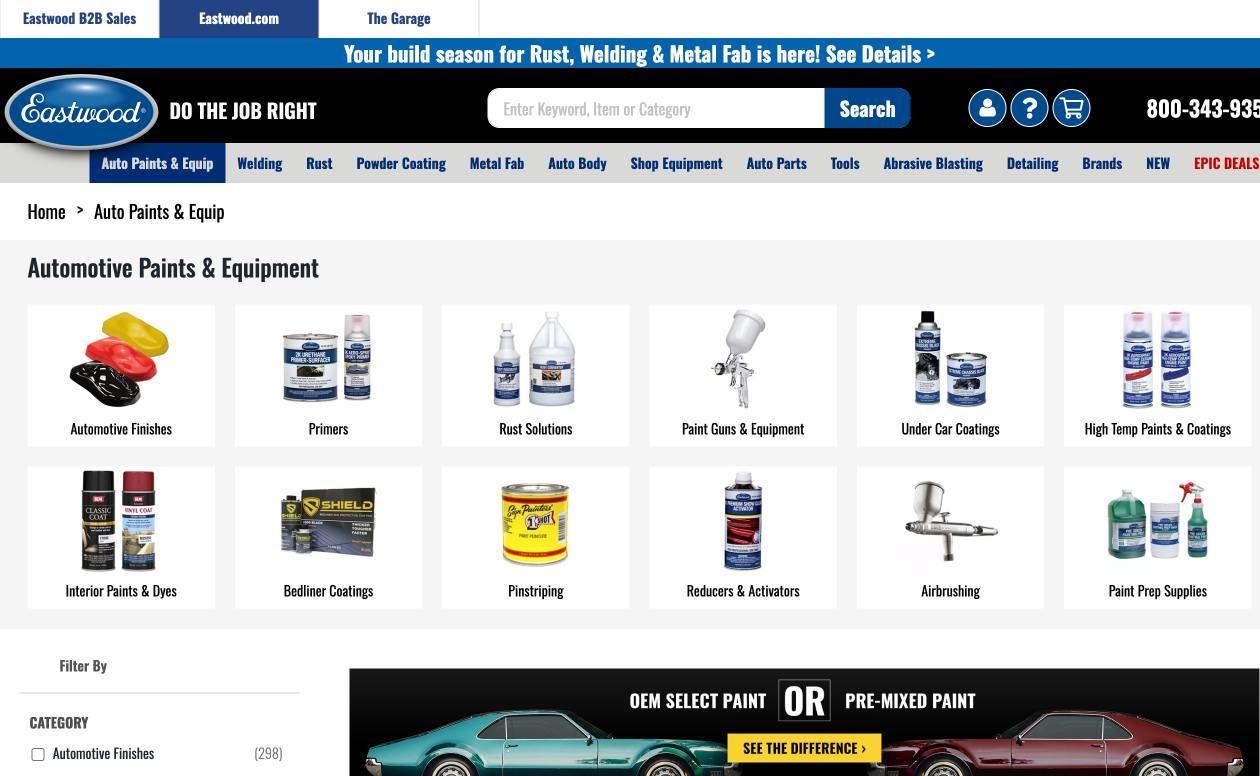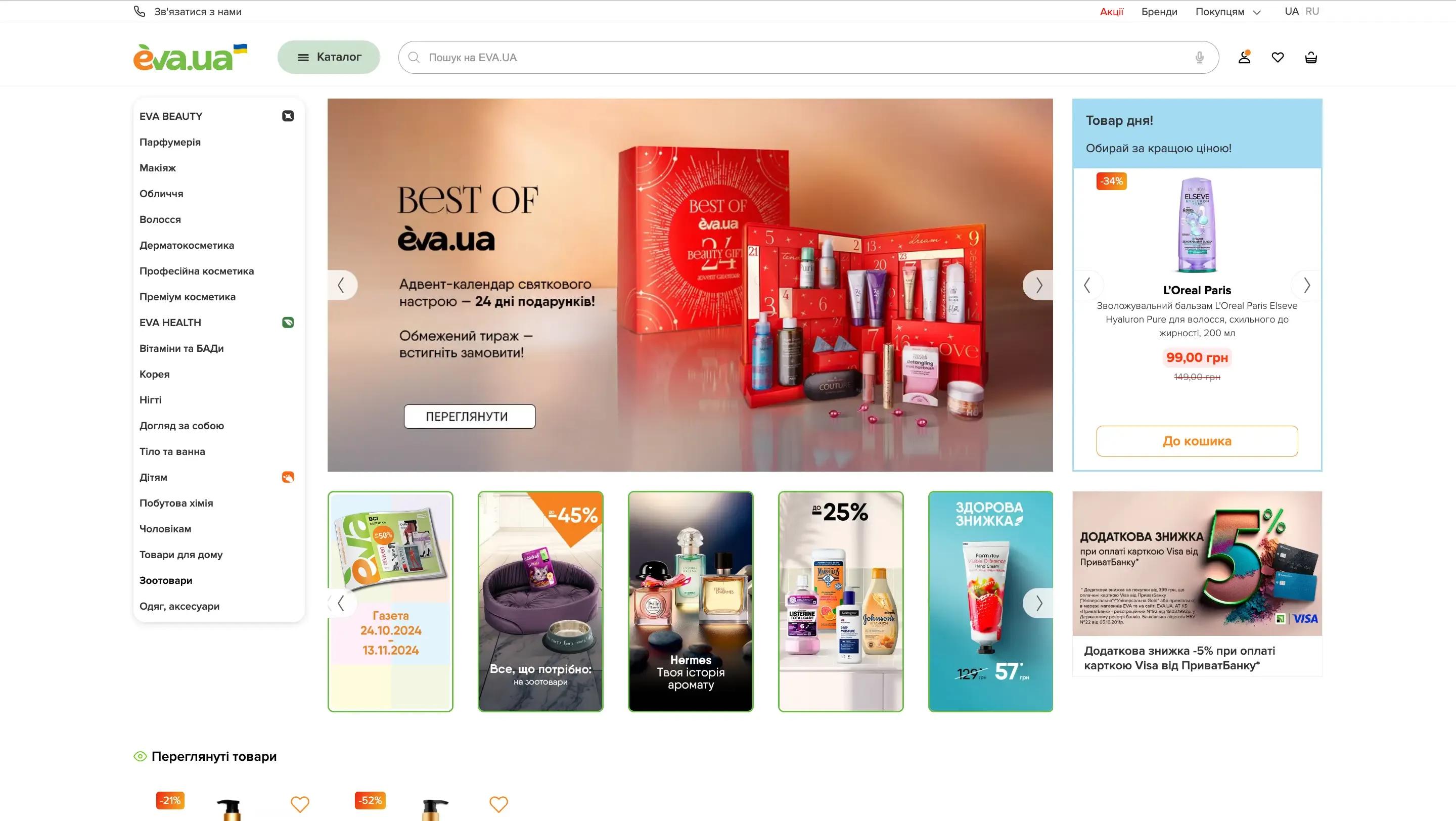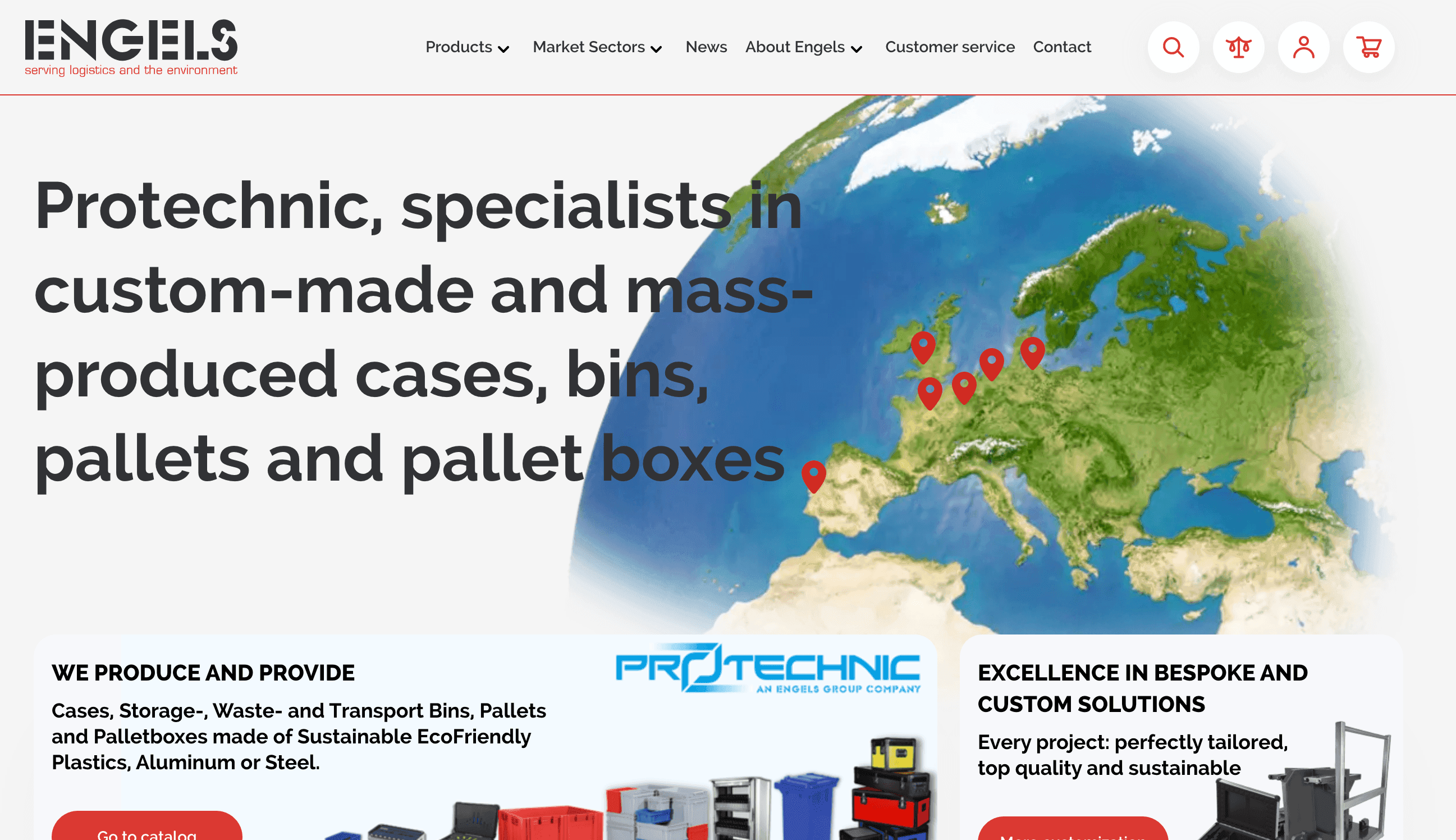
Integration with third-party systems
Seamless eCommerce workflows start with solid integrations
Your eCommerce platform is just one part of your digital ecosystem. To truly scale operations, deliver personalized customer experiences, and reduce manual work, your store needs to integrate with the systems you rely on, such as ERP, CRM, PIM, marketing automation, and more.
We help Magento, Shopify, and headless storefronts connect with the tools that drive your business.
💡 Why Proper Integration Matters
Integrating ERP, CRM, and PIM systems isn’t just about connectivity—it’s about unlocking the full value of each platform. Poor or partial integration often leads to duplicated data, manual workarounds, and misaligned teams. Done right, integration becomes a driver of operational efficiency, cost savings, and revenue growth.
Studies show that most businesses use only ~60% of their ERP’s functionality, mostly due to poor integration with external systems. When ERP is tightly integrated with the webshop, fulfillment and finance workflows become seamless, reducing errors and manual data entry and significantly cutting down order processing time.
Properly integrated PIM systems save teams up to 50% of the time spent on updating product data manually. This can translate into thousands of labor hours saved annually, especially for stores managing large or multilingual catalogs. Beyond efficiency, integrated PIMs improve time-to-market and consistency across sales channels, directly impacting customer experience and conversion rates.
Integration isn’t just about syncing data. It’s about unlocking the full ROI of your platform investment by ensuring your systems actually talk to each other.
🧩 ERP Integration
Make your eCommerce and operations run as one
An ERP system is the core of your back office, responsible for managing inventory, procurement, finance, logistics, and fulfillment. However, without proper integration with your web store, it operates in isolation, limiting its effectiveness. Companies that customize their ERP integrations to meet their eCommerce needs often experience fewer operational errors and a significant reduction in manual workloads. It's important to note that many businesses utilize only about 60% of their ERP's features, usually due to inadequate integration rather than limitations of the system itself. A well-defined integration can lead to faster order processing times, improved inventory accuracy, and the elimination of redundant administrative tasks.
We help retailers seamlessly connect Magento, Shopify, and headless storefronts with ERP platforms like Microsoft Dynamics, SAP, ACCEO Retail-1, Ecometry etc, and fully custom solutions.
✅ Typical ERP Integration :
- Product information and pricing
- Stock levels across warehouses and locations
- Customer data and B2B account structures
- Orders, returns, fulfillment, and invoice sync
- Tax logic and financial reporting fields
Whether your ERP runs in real-time or batch mode, we ensure that your storefront and operations stay in sync with minimal manual effort.
⚠️ Common ERP Integration Challenges
Even powerful ERP systems can underperform when not integrated correctly with eCommerce platforms. The most common issues we discover during ERP integration audits include:
- Mismatched data models. Discrepancies between how the ERP and your eCommerce platform handle SKUs, variants, or pricing tiers can lead to sync failures or data loss.
- Real-Time Synchronization Gaps. Without real-time or near-real-time updates, your store may display inaccurate stock levels or prices causing overselling, fulfillment delays and poor customerexperiance.
- Hardcoded integrations. Non-scalable, vendor-dependent connections make upgrades risky and troubleshooting painful.
- Lack of monitoring or error handling. Silent failures in background syncs (due to API limits, data mismatches, etc.) can go unnoticed, disrupting orders and reporting.
ERP is your operational backbone. Our job is to connect it to your storefront without disruption, so your customers, staff, and systems stay in sync.
ERP integration Case Studies

Eastwood
Eastwood, a trusted name in automotive restoration, has partnered with us since 2011 to evolve its Magento platform. From ERP integrations to custom B2B and B2C features, performance optimization, and ongoing support, we’ve built a scalable, high-performing eCommerce solution tailored to their growth.

Southco
Southco, a global manufacturer with 100,000+ customers in 83 countries, with 17 manufacturing sites across 9 countries, needed more than a catalog, they needed a scalable Magento 2 solution built for multi-store, multi-warehouse, and ERP-driven commerce. We delivered a future-ready platform with custom integrations, localized storefronts, and ongoing support - ideal for global B2B and manufacturing leaders.
📇 CRM Integration
Connect marketing, sales, and support for a unified customer view.
A CRM system helps you understand, segment, and engage your customers but only if it's connected to your eCommerce platform. With proper integration, your webshop becomes a real-time data source for the CRM, enabling smarter communication, personalized campaigns, and consistent service across all channels.
With proper integration, you gain a unified view of customers across all touchpoints, allowing for automated and personalized email flows that are triggered by real actions. Improved lead scoring and retention modeling enhance your ability to understand and engage with customers, while real-time synchronization between store behavior and the sales pipeline keeps everything aligned. This approach saves time for support, sales, and marketing teams. Remember, CRM isn't just a tool for sales; when integrated with your store, it becomes a key driver of customer loyalty, repeat revenue, and valuable insights.
At Eltrino, we integrate Magento, Shopify, and headless storefronts with leading CRM platforms like Salesforce, HubSpot, Zoho, OroCRM, and custom-built systems. Whether you need simple contact sync or deep behavioral tracking, we build robust, secure connections between your store and CRM.
⚠️ Common CRM Integration Challenges
- Inconsistent customer records due to missing unique IDs
- Manual data exports that are error-prone and time-consuming
- Marketing campaigns that don’t reflect actual purchase behavior
- Data silos between eCommerce, marketing, and sales systems
- CRM reports that lack transactional context
PIM Integration
As your product catalog grows, so does the complexity of managing it. A PIM (Product Information Management) system becomes essential when you're dealing with:
- Thousands of SKUs
- Multiple languages, currencies, or regions
- Numerous sales channels (web, mobile, marketplaces, print)
- Frequent updates to descriptions, specs, media, or regulatory data
Properly integrated PIM systems save teams up to 50% of the time spent on updating product data manually. This can translate into thousands of labor hours saved annually, especially for stores managing large or multilingual catalogs. Beyond efficiency, integrated PIMs improve time-to-market and consistency across sales channels, directly impacting customer experience and conversion rates.
PIM platforms like Akeneo, Pimcore, or Salsify centralize product data so your team can enrich content once and publish it everywhere. But without proper integration to your eCommerce platform, much of that value is lost.
🚀 When You Need a PIM Integration
- You're expanding into new regions and need localized content
- Your marketing and product teams struggle to stay in sync
- You sell across multiple storefronts, channels, or marketplaces
- Product data lives in spreadsheets, ERP, or CMS—and it's slowing you down
- Errors or delays in updating product info are affecting conversion or compliance
✅ What You Gain from Proper PIM Integration
- Consistent product information across all digital channels
- Faster time-to-market for new products and seasonal collections
- Better SEO and conversion through enriched, accurate content
- Scalable localization for multilingual stores or regional catalogs
- Reduced manual work and human error in managing catalog updates
A PIM isn’t just a database, it’s your content foundation. And propper integration is what makes it actionable, automated, and scalable across your commerce stack.
PIM Integration Case Studies

Varus
When Varus, one of Ukraine’s leading grocery chains, set out to modernize their eCommerce, they needed more than just a facelift they needed flexibility, speed, and scale. By going headless with Magento + Vue Storefront, we delivered a custom PWA with deep system integrations and Dark Store support. The result? 800% growth in orders and a future-proof platform built for rapid innovation.

Eva.ua
Eva.ua is the leading Ukrainian drogerie retail chain, with 1,100 offline stores, over 130,000 SKUs available online, and an impressive influx of 40,000 orders during Black Friday in 2024. Eva.ua began its eCommerce journey using a monolithic Magento system and later transitioned to a Headless PWA solution, incorporating rich custom features, marketplace capabilities, and omnichannel functionality. It’s a great example of when a business truly needs to go headless and how it can utilize its full capacity
📢 Marketing Automation Integration
Turn real-time customer behavior into revenue-generating campaigns.
Your marketing team shouldn’t have to guess or manually build campaigns from stale data. With proper integration between your eCommerce store and your marketing automation tools, every customer action becomes a trigger for personalized, timely, and relevant communication.
We connect Magento, Shopify, and headless storefronts with platforms like Klaviyo, Emarsys, Mailchimp, ActiveCampaign, and Iterable to power lifecycle marketing, automated segmentation, and omnichannel messaging—all based on real customer behavior.
🔄 What We Sync and Trigger:
- Customer data: email, phone, segments, preferences
- Order events: purchases, cancellations, returns
- Cart activity: abandoned carts, viewed products, wishlists
- On-site behavior: browsing categories, clicks, engagement
- Subscription logic: opt-ins, double opt-ins, GDPR compliance
🚀 Common Marketing Automation Use Cases:
- Abandoned cart recovery workflows
- Post-purchase follow-ups and review requests
- Advanced customer segmentation with rewards logic
- Winback campaigns for churned customers
- Personalized product drops and restock alerts
- B2B reordering reminders and lifecycle nurturing
The tools are only half the story. With proper integration and thoughtful setup, you automate like a pro, turning every customer signal into meaningful engagement.
And just as importantly, well-architected integration ensures your store performance isn’t compromised. We make sure behavioral tracking, product sync, and customer data flows are lightweight, secure, and don’t slow down your storefront.
Magento + Klaviyo integration Case Study
🧠 Personalization Integration
Modern shoppers expect relevance. Whether it’s product recommendations, homepage banners, or tailored offers, personalization drives higher conversion, stronger retention, and a better user experience.
We integrate personalization platforms like Nosto, Dynamic Yield, Adobe Target, Segment, and custom AI engines with Magento, Shopify, and headless storefronts to deliver real-time, behavior-driven content and merchandising.
Personalization engines are only as good as the data they receive, and the context in which they operate. We ensure your storefront sends structured customer and product data (via API, event stream, or tag manager), and that personalized components are rendered efficiently without blocking performance.
🎯 Common Personalization in eCommerce:
- Product recommendations (related, trending, viewed-again, cross-sell)
- Dynamic homepage and category content based on browsing behavior
- Personalized offers and promotions per segment or customer group
- Real-time messaging and popups based on intent or exit behavior
- Location, device, or traffic-source-specific content blocks
- B2B: personalized catalogs or pricing per account
🔍 Site Search Integration
The right search experience turns browsers into buyers
When customers use your site’s search bar, they’re showing intent. But if the search experience is slow, irrelevant, or overly basic, you’re leaving revenue on the table. High-performing eCommerce stores treat search as a core part of the customer journey—not just a utility.
68% of customers would not return to a site with a poor search experience, and 80% of shoppers will leave a website in frustration if the search performs poorly
We help you turn basic search into a powerful merchandising and UX tool by integrating your store with advanced search platforms like Elasticsearch, Algolia, Doofinder, or Multisearch. For Magento stores, we also optimize and extend native Elasticsearch configurations for better speed, relevance, and control.
⚙️ What We Integrate and Optimize:
- Real-time product indexing and search result sync
- Auto-suggestions, typo tolerance, synonyms, stemming
- Category-based filtering and faceted navigation
- Search-based promotions and merchandising rules
- Personalized ranking logic (based on behavior or segment)
- Support for multilingual and multi-store search behavior
🔍 Elasticsearch (Magento)
Magento’s native search runs on Elasticsearch, but its out-of-the-box setup often lacks tuning. We improve:
- Relevance ranking and weight logic
- Search speed under load
- Indexing reliability and partial reindex performance
- Advanced filters, synonyms, and query interpretation
- Headless-compatible Elasticsearch APIs for PWA/SPA use
🧩 Multisearch Integrations (Headless or Multi-Brand)
We implement Multisearch setups where customers need to search:
- Across multiple brand stores or country-specific catalogs
- Between blog content, static pages, FAQs, and product listings
- Across both B2C and B2B stores with separate catalogs and logic
Visitors who use site search are 2.4× more likely to convert. When optimized, search isn't just functional—it's a powerful driver of sales and product discovery.
Search Integration Case Studies

Engels
Engels Group - a 70-year-old Dutch family business with a €40M annual turnover, specializes in sustainable logistic solutions. As they prepared to expand into the UK market, they needed a modern, high-performing eCommerce platform to support their B2B and B2C growth. We developed a cohesive design system, a brand-new frontend with a Hyva theme, and enhanced functionality.

Eastwood
Eastwood, a trusted name in automotive restoration, has partnered with us since 2011 to evolve its Magento platform. From ERP integrations to custom B2B and B2C features, performance optimization, and ongoing support, we’ve built a scalable, high-performing eCommerce solution tailored to their growth.
